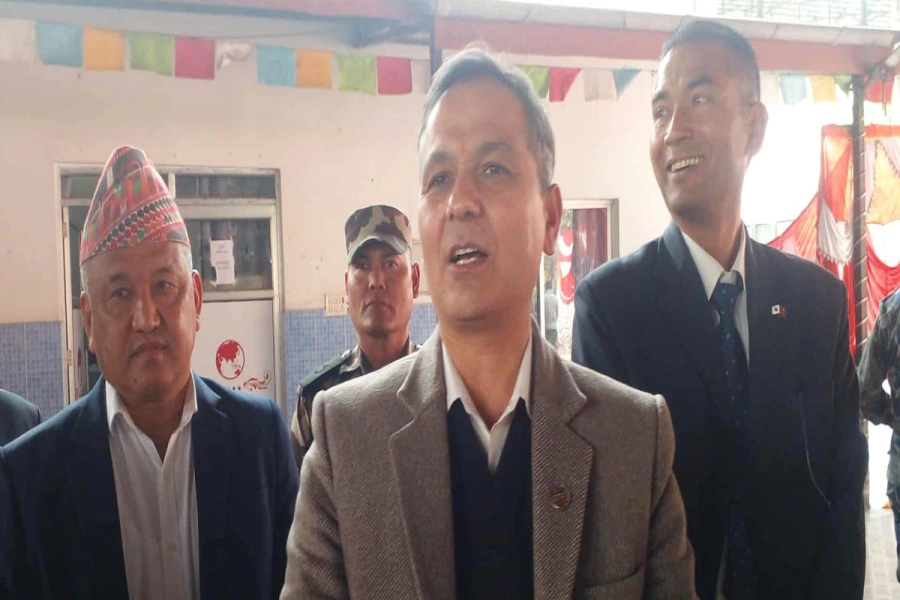BEIJING, Sept 16: The transformation of sustainable agrifood systems requires a more coordinated approach across multiple policy levels, especially to ensure food security and livelihoods in the Asia Pacific region, according to the Food and Agriculture Organization of the United Nations (FAO). This was highlighted at the second regional organizing group meeting of the One Country One Product (OCOP) initiative held in China last Friday.
Twenty-two countries in the region have identified 20 distinct Special Agricultural Products (SAPs). These products, though less known than staple crops, hold significant potential. Despite not fully benefiting from research and agricultural development programs, they are critical for food security and healthy diets, and have the potential to be integrated into high-value domestic, regional, and international markets.
Transforming agrifood systems through innovation and digital te...

“By bringing science and innovation to the forefront, this new network will help countries maximize the value of their unique agricultural products,” said Jong-Jin Kim, FAO Assistant Director-General and Regional Representative for Asia and the Pacific. “We are creating pathways for inclusive growth, sustainable agriculture, and improved food security by developing SAPs that are culturally significant and ecologically adaptable.”
The network is built on strategic partnerships with leading institutions, such as the Institute of Geographical Sciences and Natural Resources Research at the Chinese Academy of Sciences and the Institute of Nutrition at Mahidol University in Thailand. These collaborations will apply advanced methodologies, including the Geographical Indications, Environment, and Sustainability approach, to ensure traceability, monitor environmental impacts, and enhance the nutritional value of SAP-based foods.
This initiative is central to FAO’s One Country One Product (OCOP) program, which assists member countries in identifying SAPs and leveraging their unique potential for sustainable agricultural growth.


_20240916124731.jfif)



































